Iran's UN ambassador calls for unconditional release of frozen Afghan central bank funds
Iran's ambassador and permanent representative to the United Nations (UN) has called for the removal of curbs and “unconditional” release of billions of dollars of frozen Afghan central bank funds to enable the war-ravaged country to deal with its deepening economic and humanitarian crises.
Amir Saeed Iravani made the remark while addressing a Tuesday session of the United Nations Security Council (UNSC) on the situation in Afghanistan, describing the current situation in Afghanistan as volatile and precarious in spite of the UN’s stabilization efforts.
He pointed to the report of the UN Secretary-General António Guterres on the situation in Afghanistan and its implications for international peace and security, stating that the report shows that 28.3 million Afghans will need humanitarian assistance and support in the next year. This is while the figure stood at 24.4 million in 2022, and was estimated at 24.4 million at the beginning of the previous year.
The report also reveals that Afghanistan's ruling authorities have also failed to honor their commitments, especially as regards creation of an inclusive and elected government, Iravani said.
Read more:
The senior Iranian diplomat added that the Secretary-General's report states that the Taliban have already taken certain positive steps, including measures aimed at fighting corruption, which can form the basis for a stable economic situation and its revival in the coming years.
'Afghanistan's economy should be given urgent priority'
Iran's ambassador and permanent representative to the UN went on to note that while humanitarian aid is vital for Afghanistan, it is not a long-term solution and the country's economy should be given urgent priority.
Iravani said the humanitarian crisis in Afghanistan should not be overlooked in light of other crises and conflicts.
“As we have emphasized many times, frozen [Afghan] assets belong to the nation and must be released unconditionally in order to help Afghanistan's economy,” he said.
“Instead of acknowledging responsibility for its irresponsible withdrawal from Afghanistan, the United States unfortunately resorts to bogus and baseless reasons to justify its illegal actions, including continued freeze of Afghan funds, which is vital for the revival of the country’s economy. Sanctions regimes should not hinder efforts to rebuild the economy,” Iravani said.
Read more:
He said Iran supports the efforts of the United Nations Assistance Mission in Afghanistan (UNAMA), and its contacts and interactions with the Taliban to help Afghan nation, especially in the field of increasing humanitarian responses and efforts to end economic problems.
“The Islamic Republic of Iran has used its expertise and capacities to help the Afghan people overcome their problems, and has hosted millions of Afghans as a neighboring country,” Iravani pointed out.
“We have stated time and again that Iran and other neighboring states should not take on the full responsibility of taking in Afghan refugees. Based on the principle of shared responsibility, other countries, especially countries that claim to be advocates of Afghans’ human rights, especially women and girls, should accept refugees,” the Iranian ambassador to UN said.
Iravani then warned against the presence of the Daesh Takfiri terrorist group and al-Qaeda-affiliated terror outfits in Afghanistan, stating that their activities pose serious threats to the peace and security of Afghanistan, its neighbors and the entire region.
He described the Afghan opium trade as another major problem, stressing that the current situation in Afghanistan will create a dangerous environment in which extremists, terrorists and drug traffickers will be able to either attack vulnerable people, or recruit them to advance terrorist goals.
The Taliban came to power shortly after the US-led allied forces made a chaotic and humiliating retreat from Afghanistan following two decades of military adventure in the country.
The Taliban has largely failed to bring security as deadly explosions and acts of terror targeting civilians remain a recurrent theme of daily life in the wake of the group's return to power. Daesh has claimed responsibility for most of the terrorist operations.
Read more:
In September, at least 54 people, including 51 young women and girls, were killed in a bombing at a hall in Kabul, where students were taking a science test for university entrance. No group claimed responsibility for the bombing, but the Taliban later blamed Daesh and said it had killed several key figures linked to the blast.
Since the Taliban took control, their non-recognition by the international community, along with the sanctions imposed on the central bank and the freezing of Afghan assets, has driven the economy to the brink of collapse. Although China, which shares a rugged 76-kilometer border with Afghanistan, has not yet officially recognized the Taliban-run administration, it is one of the few countries to maintain full diplomatic presence there.
Israel hits HTS military target in Syria for 1st time since fall of Assad
VIDEO | Press TV's news headlines
Israel has slaughtered 13000 students in Gaza, West Bank
VIDEO | More Zionist than Zionists: Biden’s legacy to be defined by Gaza genocide
Hamas confirms handing approval of Gaza ceasefire deal to mediators
VIDEO | Iran: Show of strength
UNRWA will ‘stay, deliver’ aid to Palestinians despite Israel’s ban: Lazzarini
Explainer: What makes Iran's Rezvan and Raad loitering munitions prized assets?


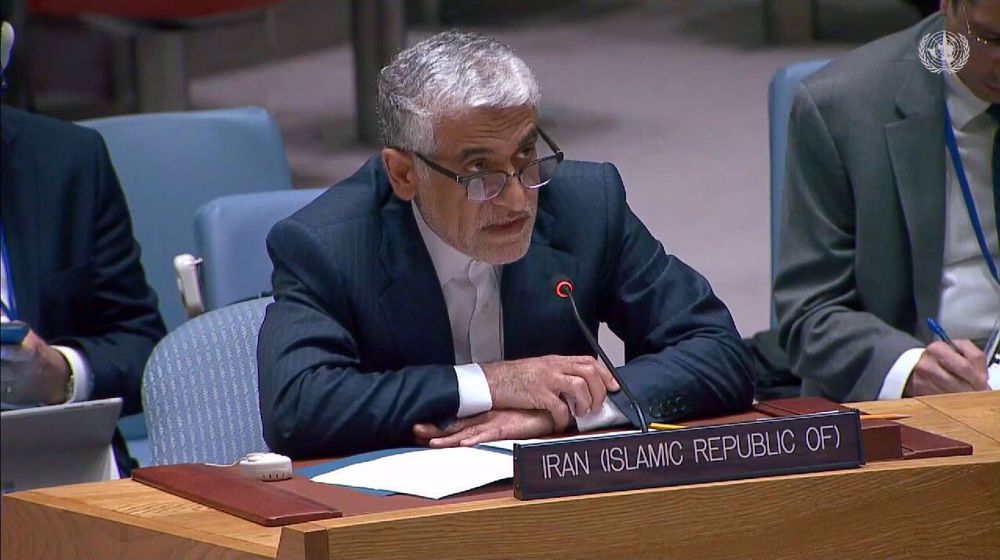
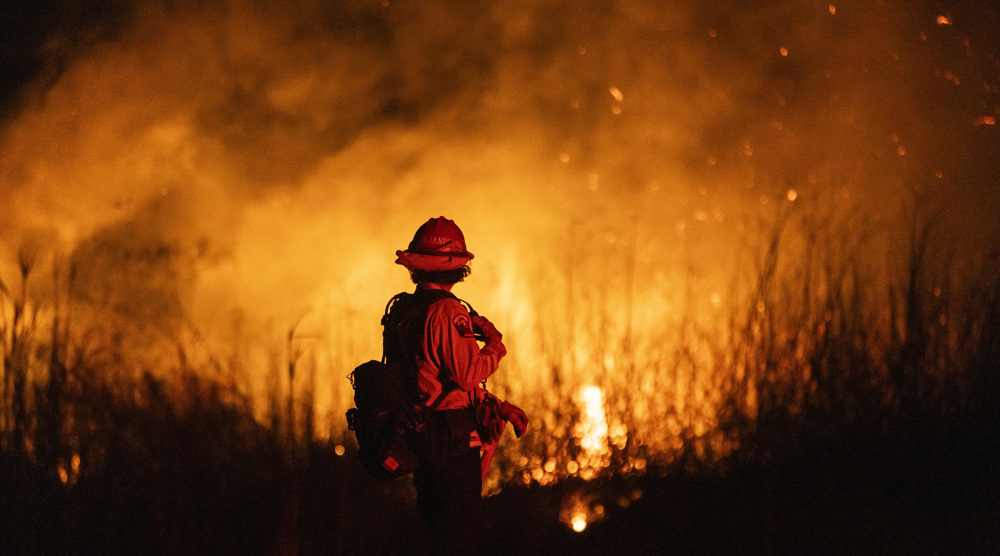
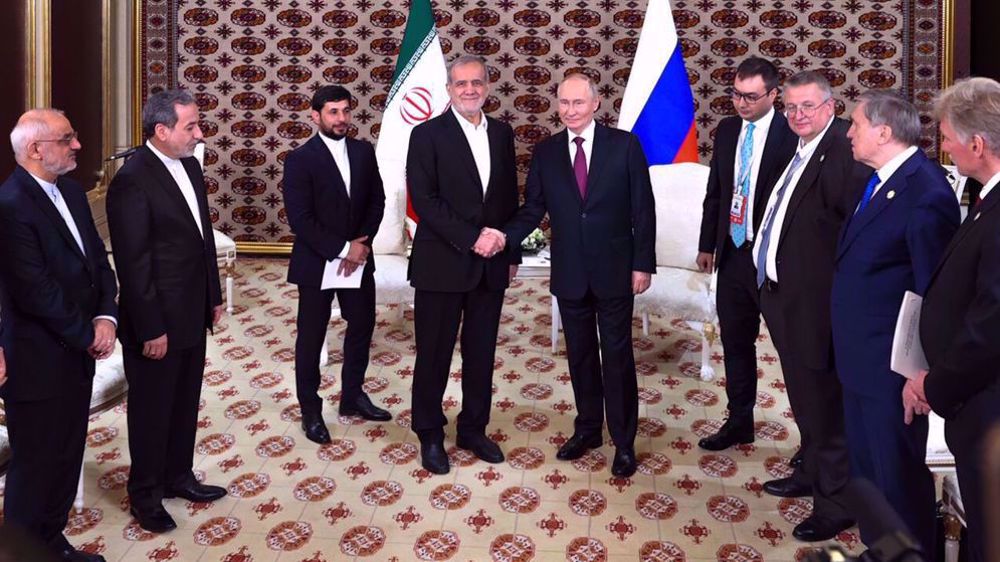
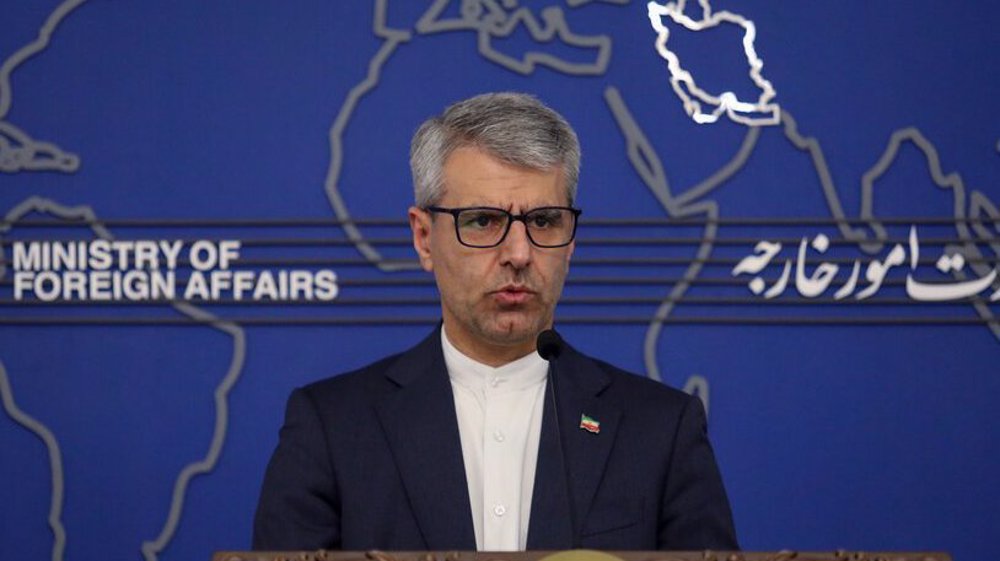



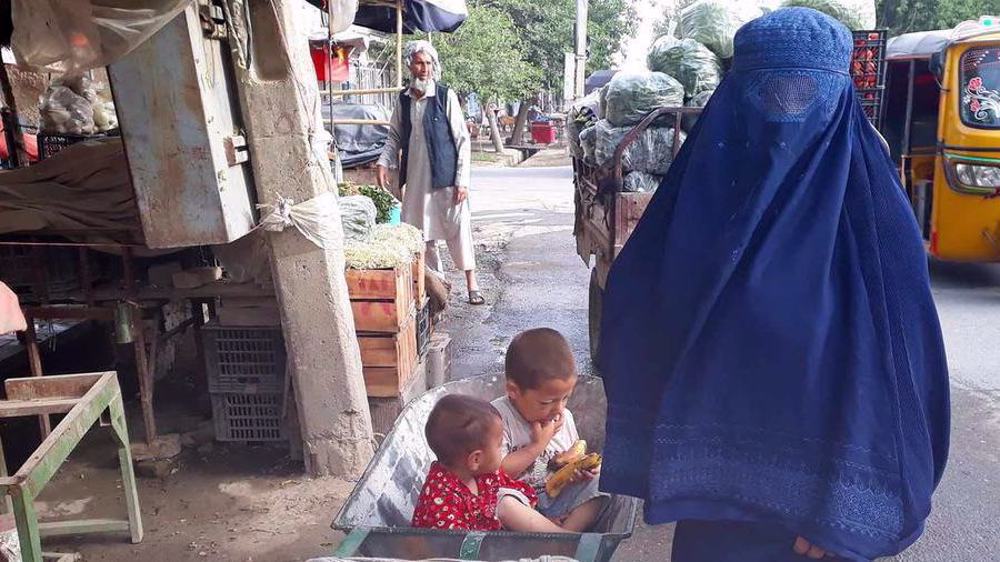
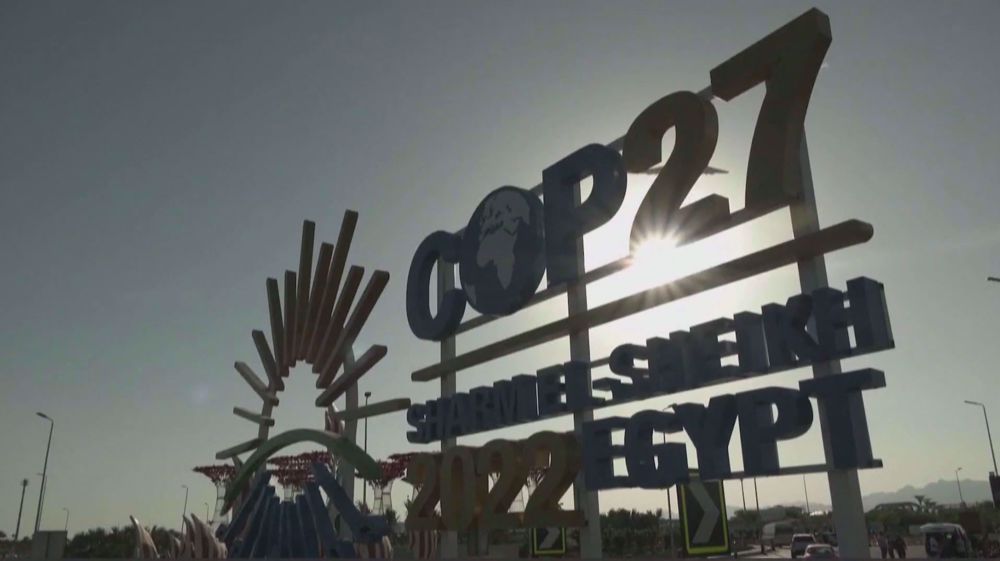
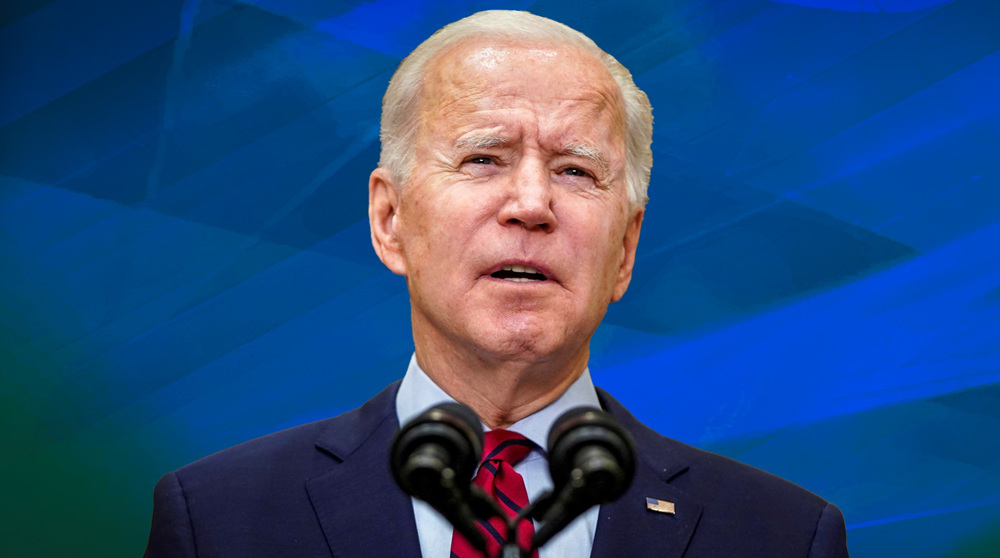
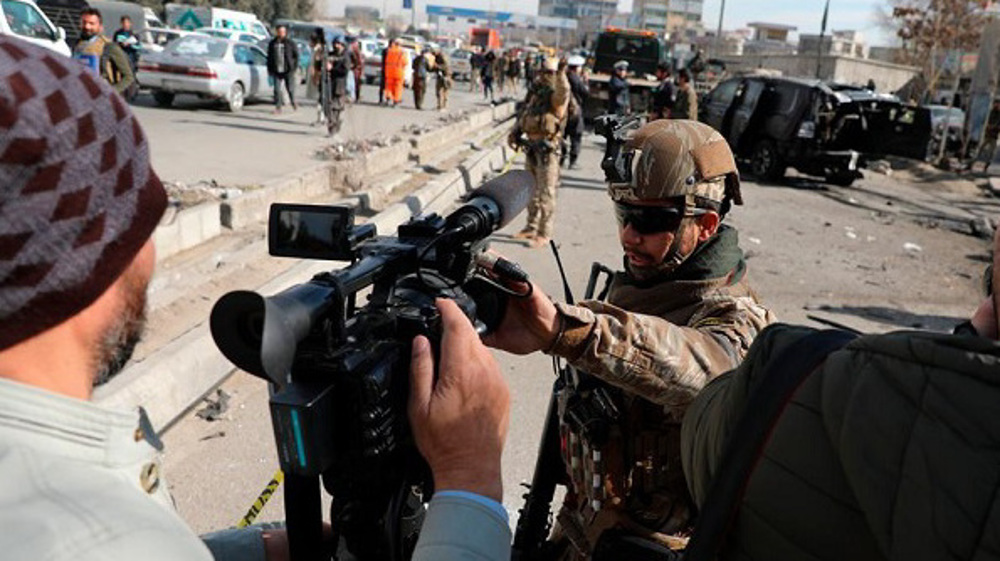
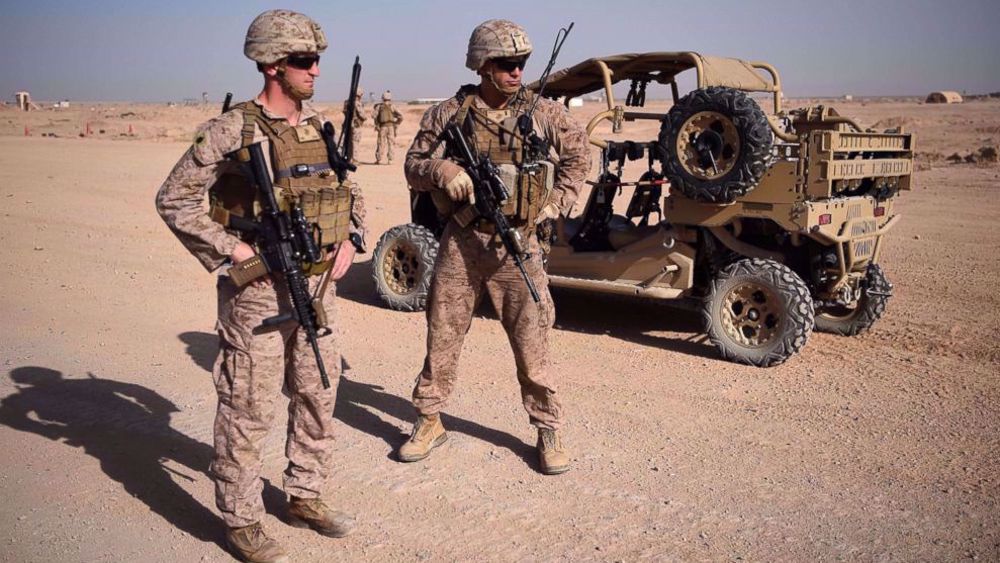
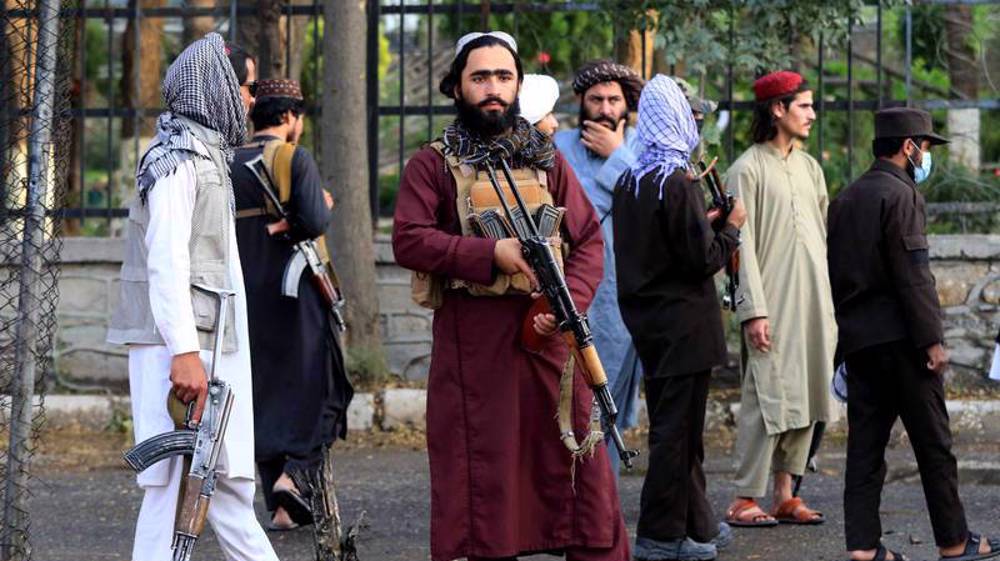
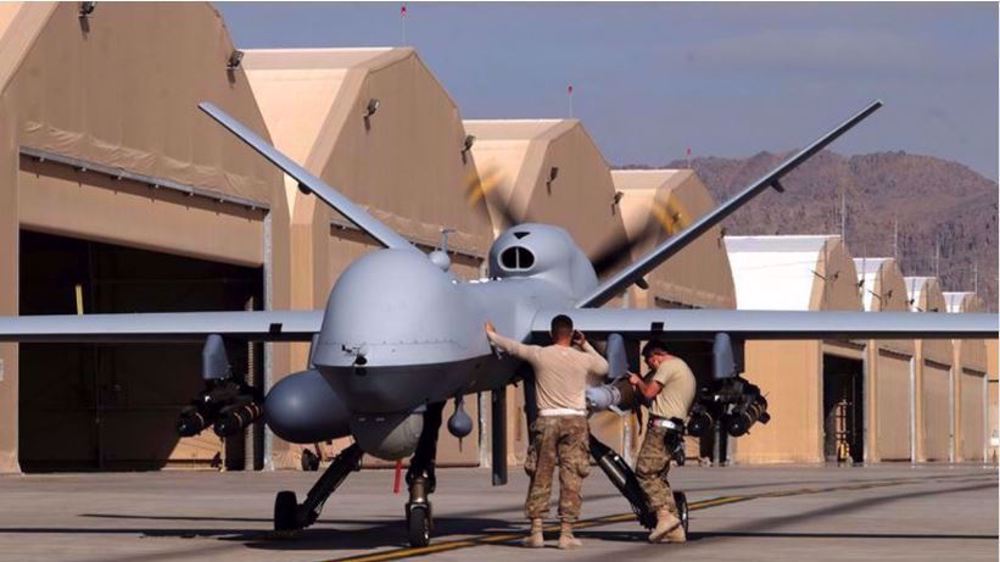
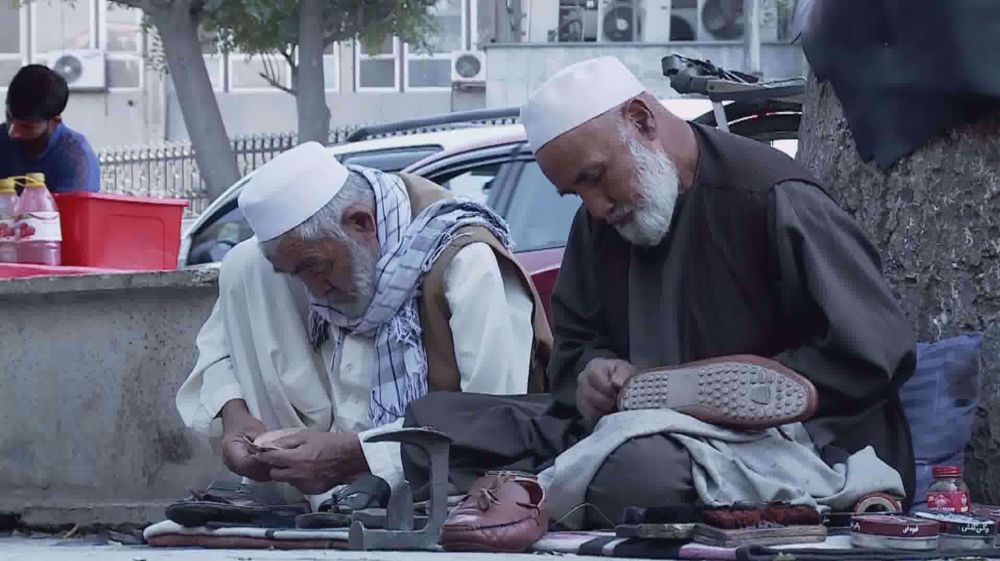
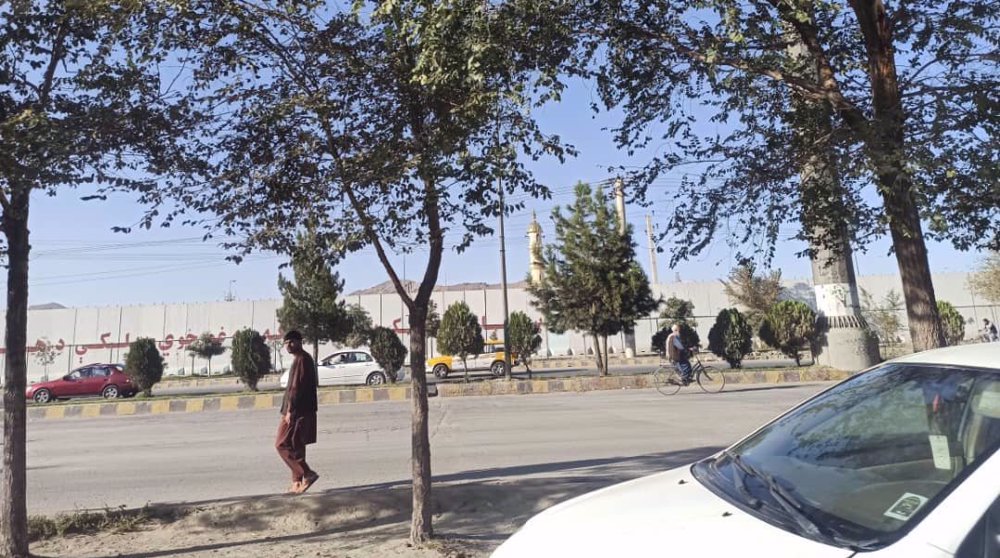

 This makes it easy to access the Press TV website
This makes it easy to access the Press TV website